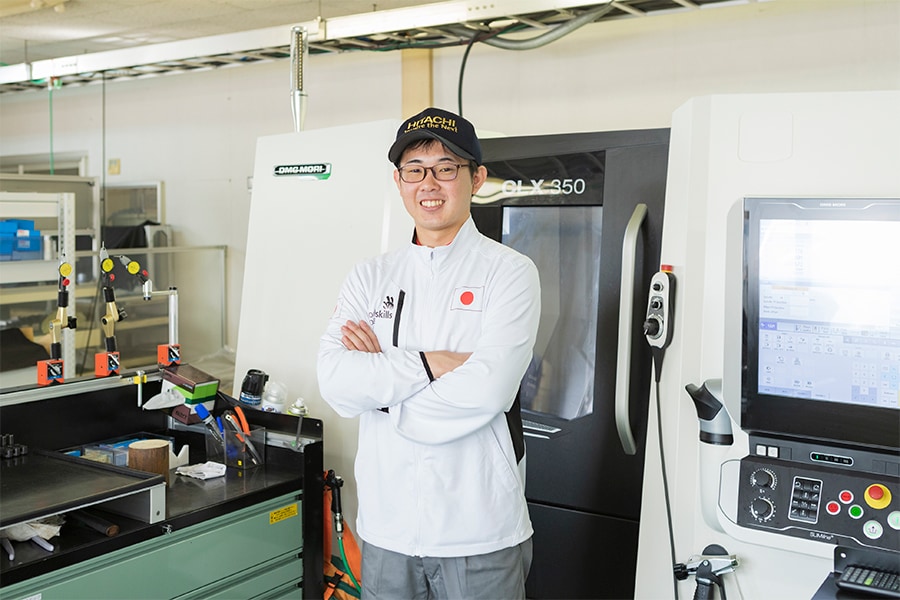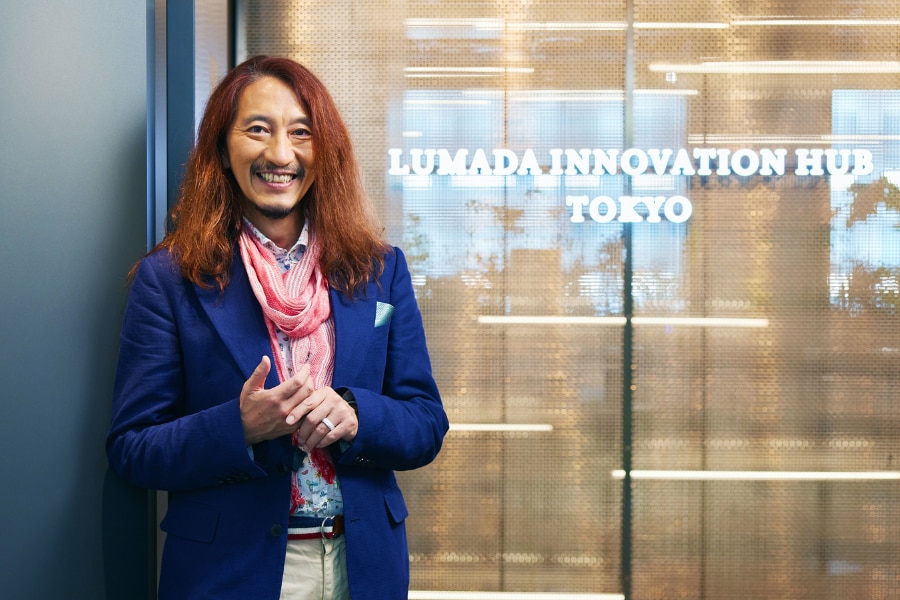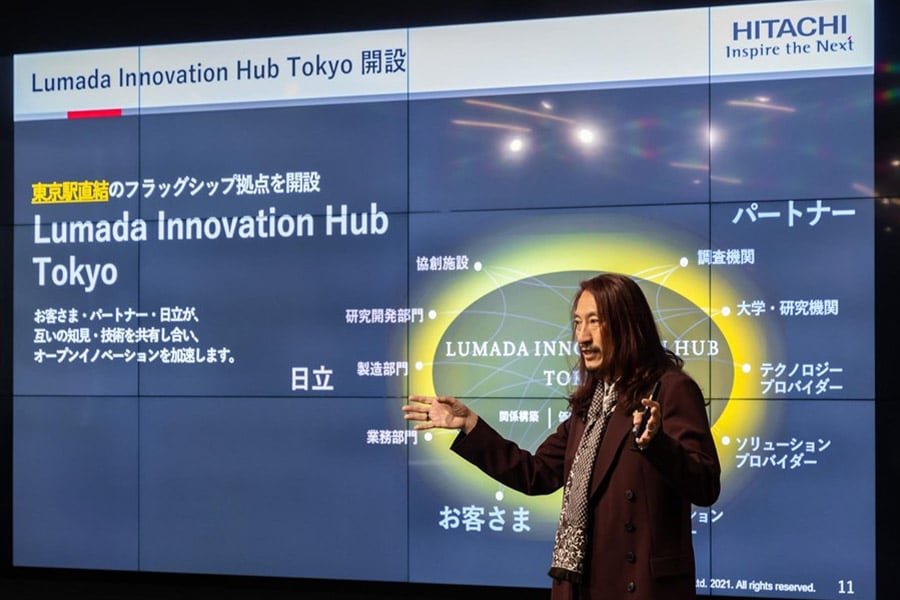What is the "Planetary Boundaries" concept: Indicating the limits of the global environment
The People of Hitachi: Data Scientist Aiming for Lifelong Career Wins 3rd Place in World Competition
- Table of Contents
Kaggle offers data analysis competitions in which over 180,000 data scientists participate. Participants create predictive models using a variety of analytical techniques and compete for the highest level of accuracy. The world competition was held in 2022, with over 1,000 teams and over 5,000 data scientists participating.
In this competition, in which data scientists from around the world competed fiercely against each other, Masayuki Morohashi, 48, of Hitachi, Ltd. and his team members placed third. Masayuki has achieved spectacular results as a data scientist, but his path to this point was not straightforward. This article looks at how Masayuki became a specialist in data analysis.
“I like solving hard problems.”
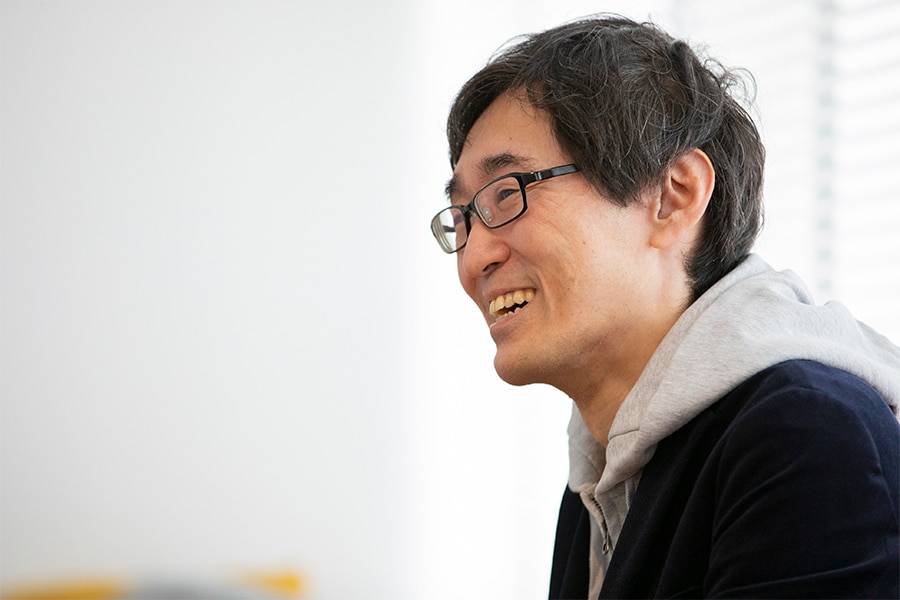
Masayuki has been good at arithmetic and mathematics since childhood, and he especially enjoyed working on difficult problems that could not be solved easily. He matriculated to the Department of Physics at Tohoku University because, as he recalls: “Physics was difficult, so that’s why I wanted to study it.”
However, he had no desire to pursue a career in physics when he was job hunting. He wanted to work for a company where he could do programming and information processing, which he had been interested in since high school. But, he was rejected by all the companies that he applied to. At the very last minute, he received a letter of employment from Hitachi, which he accepted as a “give it a try.”
“At the time, I thought my parents would be happy that a big consumer electronics company hired me.”
Assignment to a security-related department

Thus, in 1999, Masayuki joined Hitachi and was assigned to a department researching information system security. Initially, he had hoped to work in the area of cryptographic programming, but his job was different.
“When it comes to information system security measures, technical measures, such as encryption and access control, are common. But these measures alone are insufficient. Physical measures and the proper operation of systems are also necessary. Therefore, we were researching the processes and methods of what we should consider to heighten security in an integrated manner.”
As he began to visit clients and work with them to come up with measures to solve their problems, he began to find it more rewarding.
“I'm not very good at talking to people, but as I started listening to clients about their problems and advising them on what they should do, I began to think, 'This is surprisingly interesting’.”
Facing challenges after moving to a new department

In his seventh year at the company, Masayuki moved to the Platform Solutions Division and then to the Planning Department of the Financial Business Division in his ninth year. Even during that time, he continued to be involved with work related to security measures.
The catalyst for him to start on the path to becoming a data scientist was when he was transferred in July 2012 to a newly established department that specializes in data analysis. Although it was a decision made by the company, he was eager to move to the new department.
“At the time, the keywords ‘big data’ and ‘data analysis’ were starting to become buzz words, and I was interested in them. In fact, a year or two after I was transferred, the department put out an internal call for applications for transfers, and dozens of employees applied. But, only a select few were chosen to transfer, so I was very lucky to be able to transfer when I did.”
However, because it was a newly established department, there were no employees with expertise in data analysis. For this reason, “In the first year, there were few projects undertaken by the department, and the team to which I was assigned had almost no work." Masayuki recalls.
“At the time, few companies had a grasp of what data analysis was and what could be done with data. For the first few years, we were beaten by our competitors on a number of proposals, and we felt uneasy because we couldn't get our business off the ground.”
Deepening an understanding of data analysis and developing customers
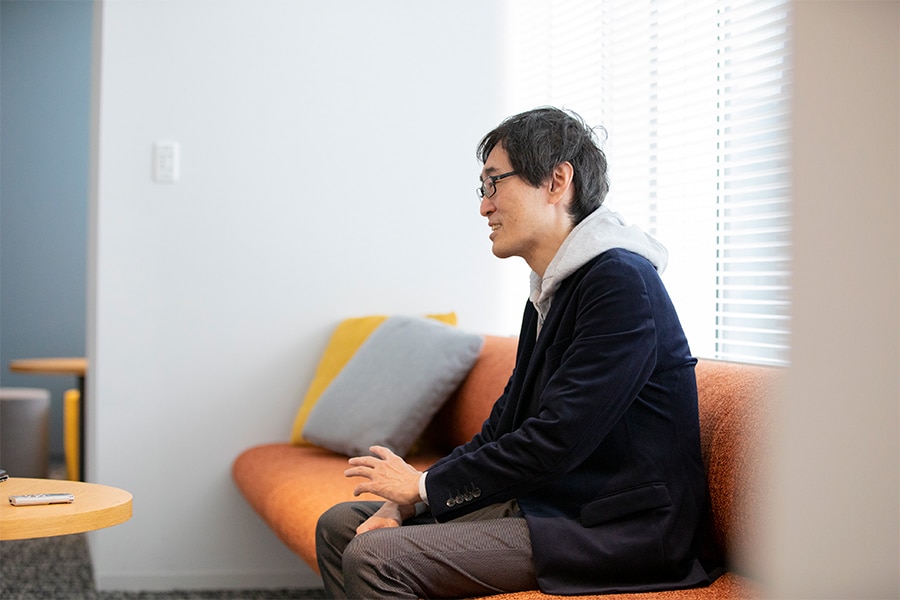
To overcome this situation, Masayuki decided to deepen his understanding of data analysis and develop a customer base. Masayuki, who says he has always enjoyed learning new things, started learning the basics of data analysis from scratch by reading books on the subject.
“I bought and read every book on analytics at the bookstore: artificial intelligence (AI), machine learning, deep learning, statistics, and so on. I wondered how many years it would take me to learn it all, and sometimes I wondered if it would be better to go back to university and start all over again.”
He sometimes felt discouraged in the face of the enormous amount of information, but his supervisor told him: “Whenever you need new skills or knowledge for your job, you should learn it each time. It is definitely better to gain experience on the job than to study all the time.” He says that he felt more positive after receiving this advice from his supervisor.
Thus, Masayuki deepened his understanding of data analysis, and in an effort to gain on-the-job experience, he approached other teams within the department hat in hand and asked to be included in their projects, forcing them to add him to their teams. This was the beginning of Masayuki's rapid progress.
Masayuki believed that, if you don't make a proposal, you can't move forward, so he strengthened collaboration not only within the department but also with external parties and made a variety of proposals to customers.
“Whenever an inquiry came in, I responded to it. Even if I was too busy or there was no profit in it, if I turned down an inquiry, the next one wouldn't come in. Because the team was small, it became difficult when the number of projects increased, but we still had to create proposal materials and hold meetings. As we did this repeatedly, the clients began to listen to us.”
Abilities needed to become a data scientist
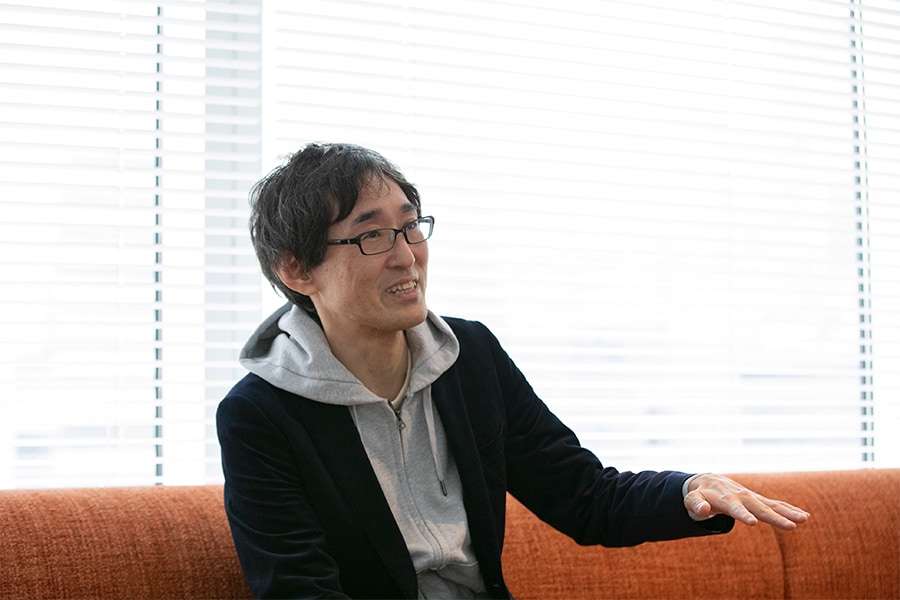
As the business was getting off the ground, a further tailwind blew. This was the spread of AI, as the public became more aware that data analysis using AI could be a source of competitiveness, and the focus on data analysis grew year by year. Therefore, the department became much busier than it had ever been.
Then, in 2020, Hitachi established its Lumada Data Science Lab. to bring together the top data scientists within its fold. Masayuki, who has become a leading data scientist, would also be involved. He asserts that the most-important aspect of a data scientist's work is the ability to listen.
“We first identify issues through discussions with the client and then use data analysis to figure out how to solve those issues. If we don’t properly identify the issue, or if our understanding of the issue is incorrect, there is no point in conducting data analysis. It is enjoyable to think about how to make abstract issues concrete and how to incorporate them into analysis.”
After identifying the issues, a hypothesis is formulated to solve it, and tests are performed to see whether the hypothesis actually stands up to scrutiny. Lumada Data Science Lab. is in charge of the process up to this point and then hands it over to the department that systemizes the data and makes it into a service.
“For one job, we were asked by a corporate lending client to create a model to determine which companies they should lend to and the risks involved. We had trouble creating the model, but once the client actually started using it, I was happy to hear from the client that it was very effective.”
Becoming Hitachi’s only “Senior Data Design Expert”
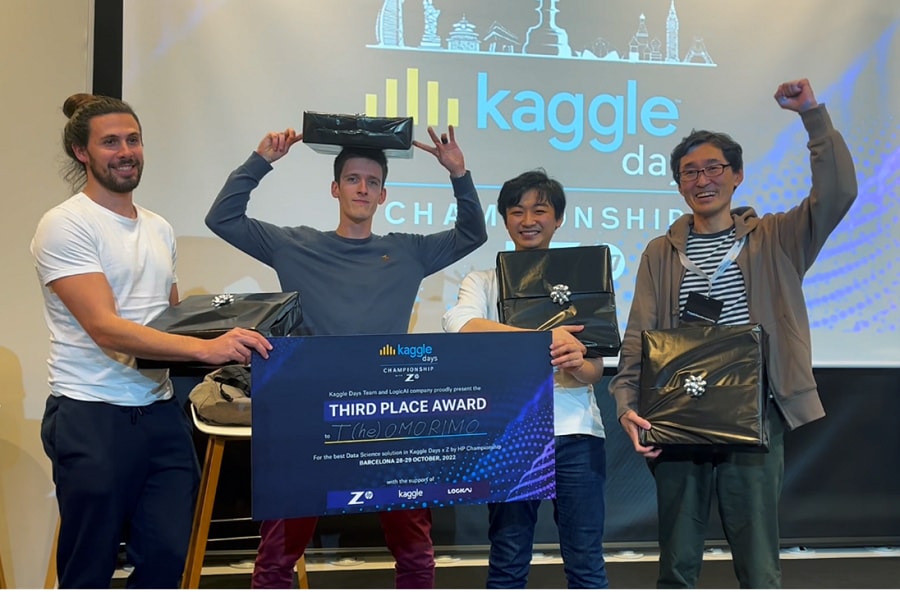
To further hone his skills as a data scientist, Masayuki participates in SIGNATE, a competition in Japan for AI development and data analysis, along with the aforementioned Kaggle, for its data analysis competitions recognized worldwide, where he has achieved brilliant results.
“Compared to before I participated in the competition, my ability to analyze data and solve problems has improved dramatically. Solving a large number of problems has given me more options, and I can formulate hypotheses much faster. I can now come up with three or four hypotheses in cases where others can only come up with one.”
In recognition of these achievements, Masayuki was awarded the unique title of “Senior Data Design Expert” at Hitachi in 2022. In addition to his usual duties, he is now creating a system for sharing analysis techniques within the team.
Masayuki said: "Eventually, data analysis will become a technology that can be used on a daily basis.” As the need for data analysis continues to grow, Masayuki will continue to solve clients' problems, aiming to be an active member of the company for the rest of his working life.
“I would like to continue working in data analysis because the trial-and-error and the hardships are the most-enjoyable part of the job." he says.

